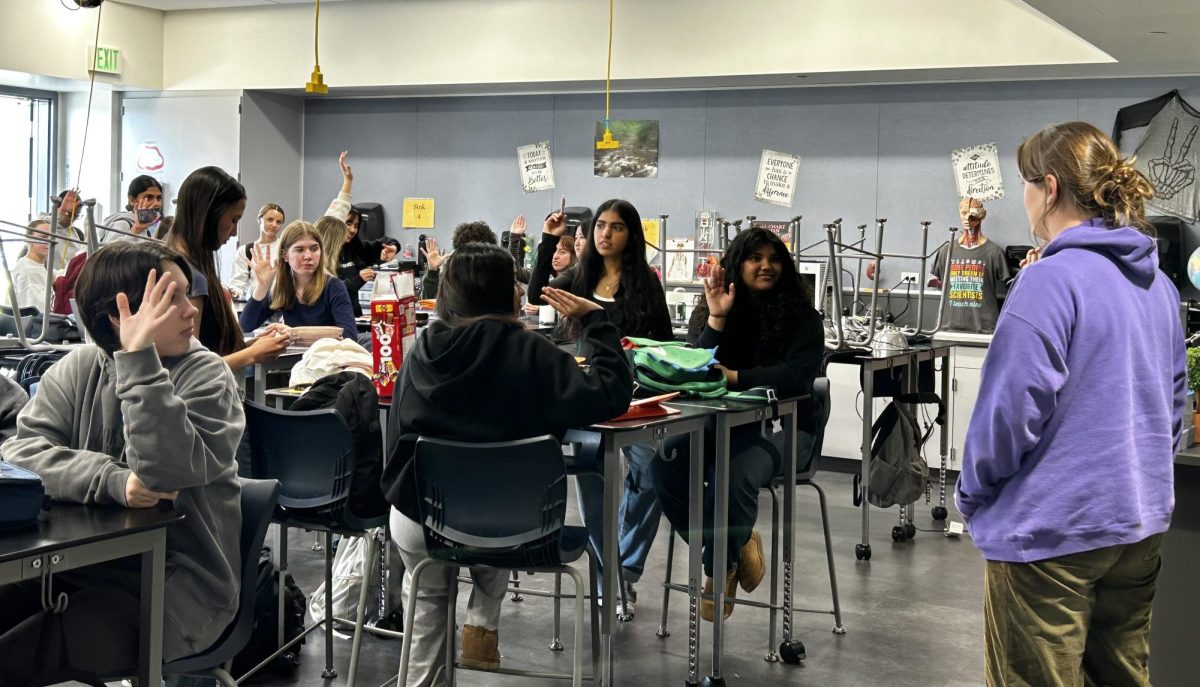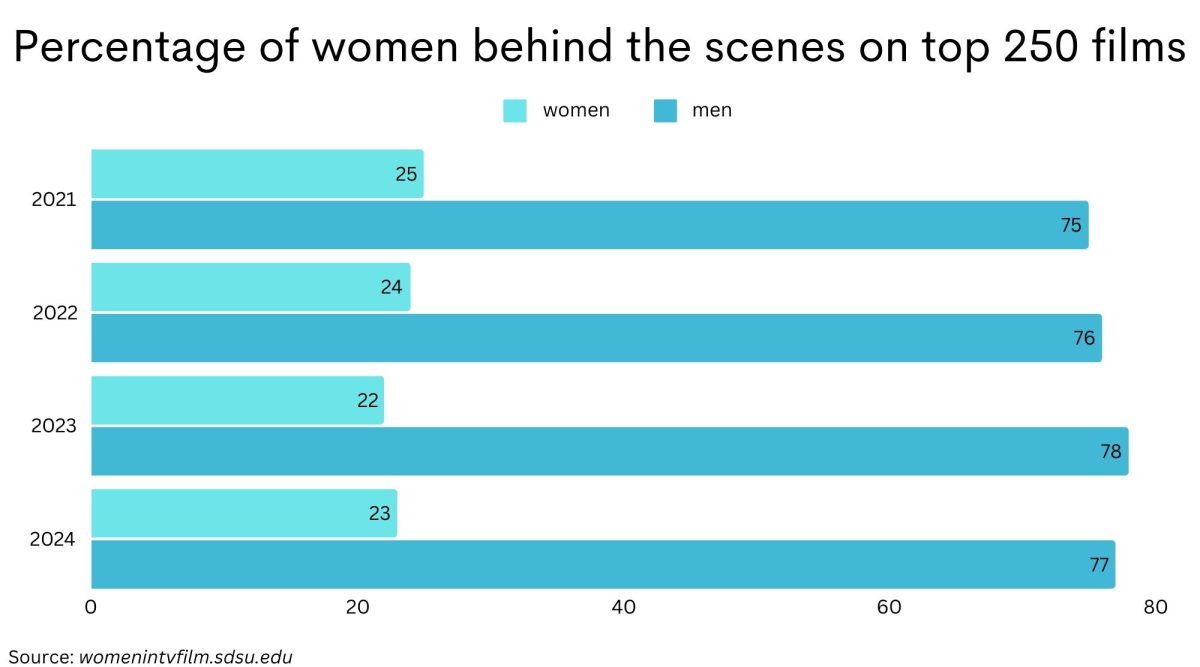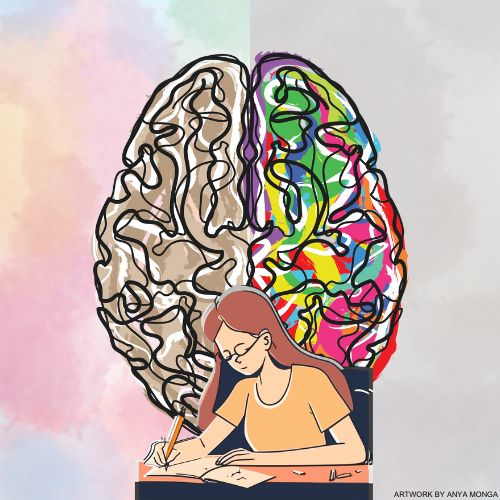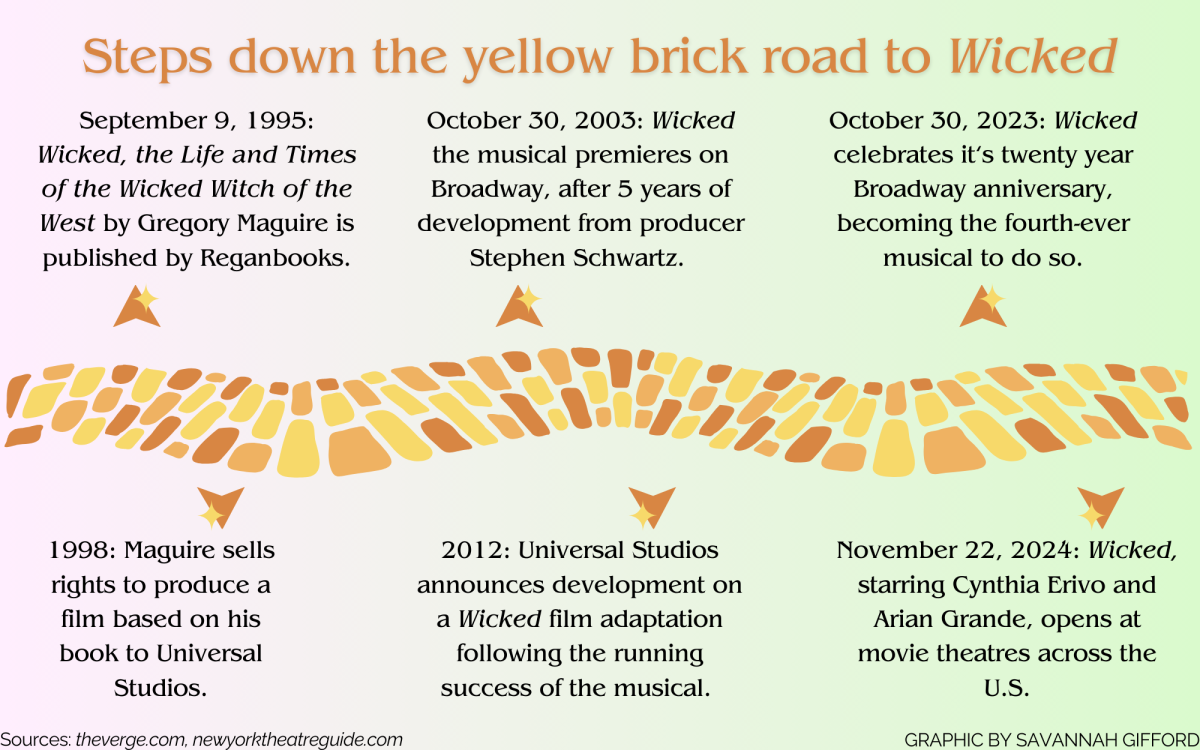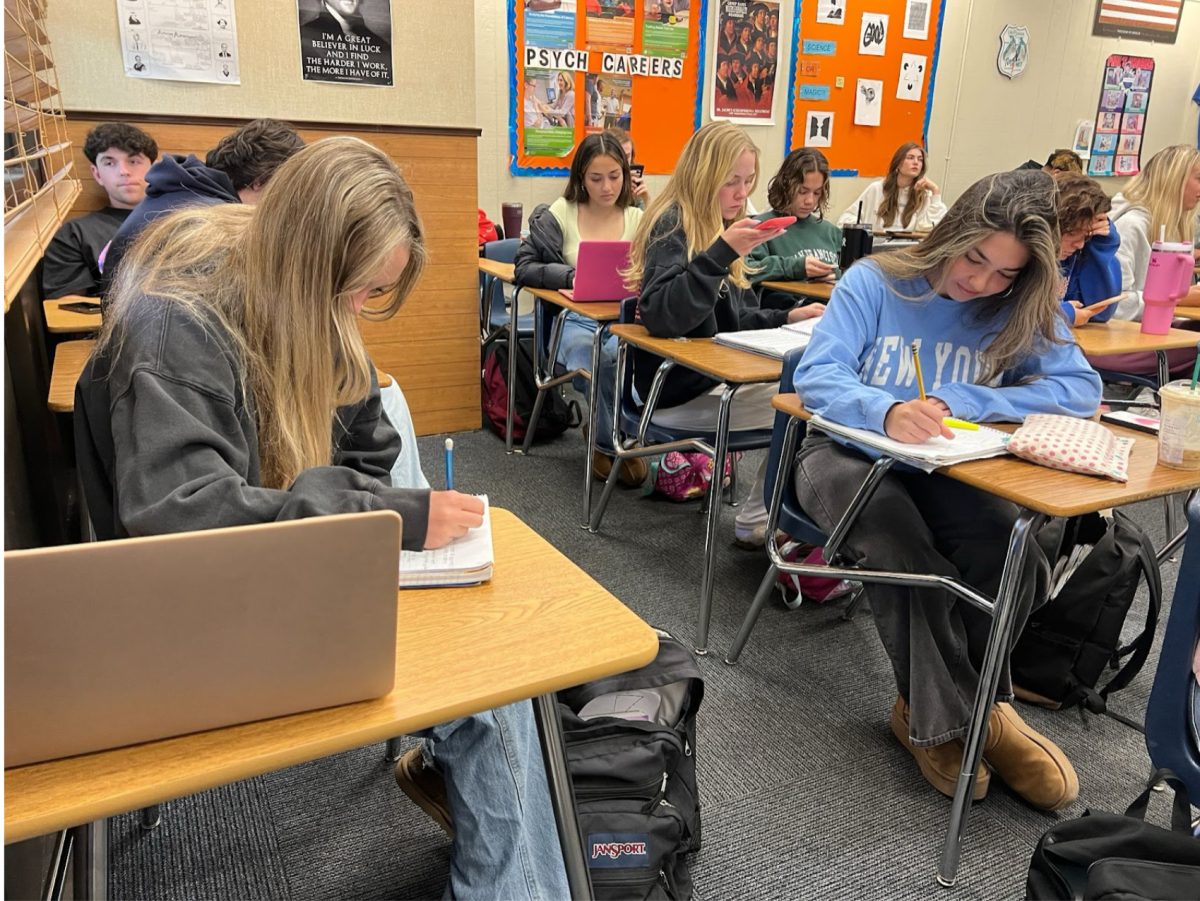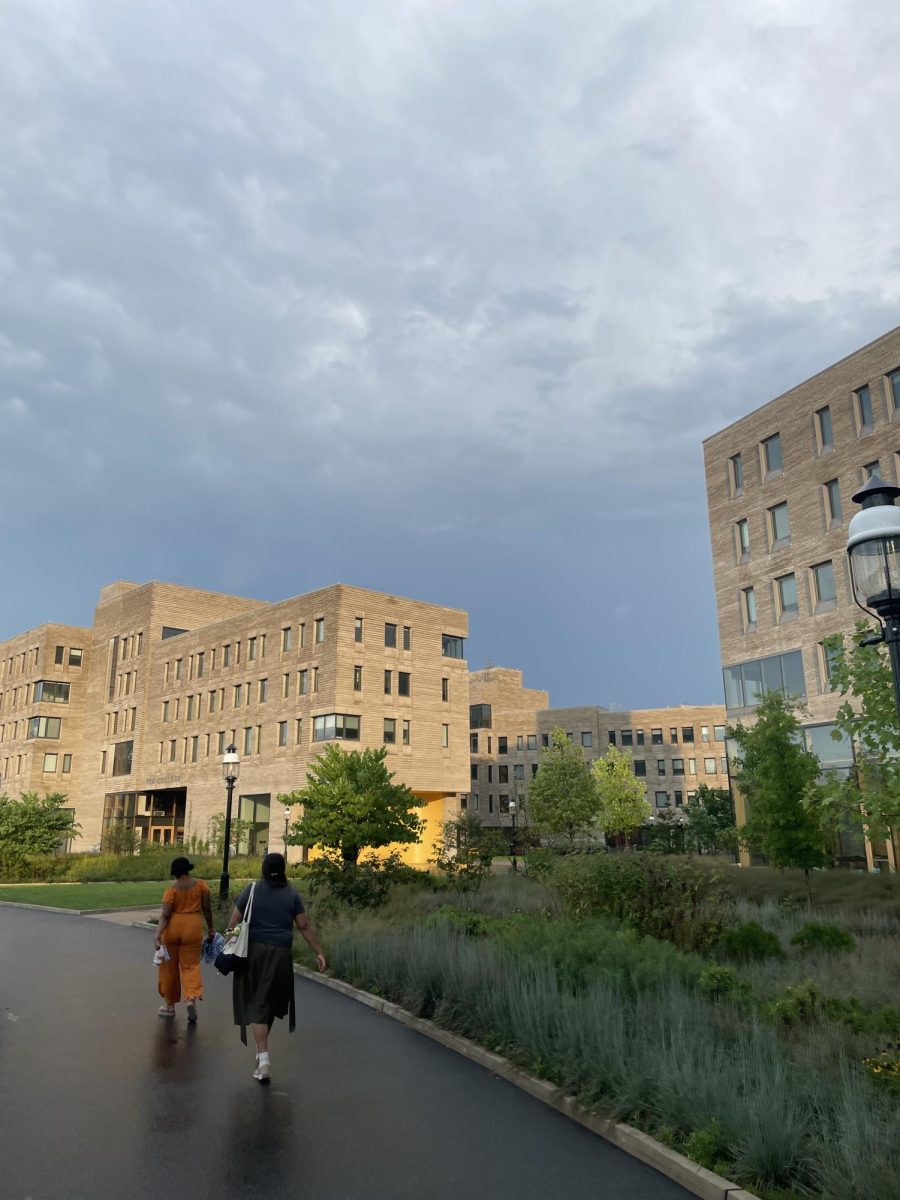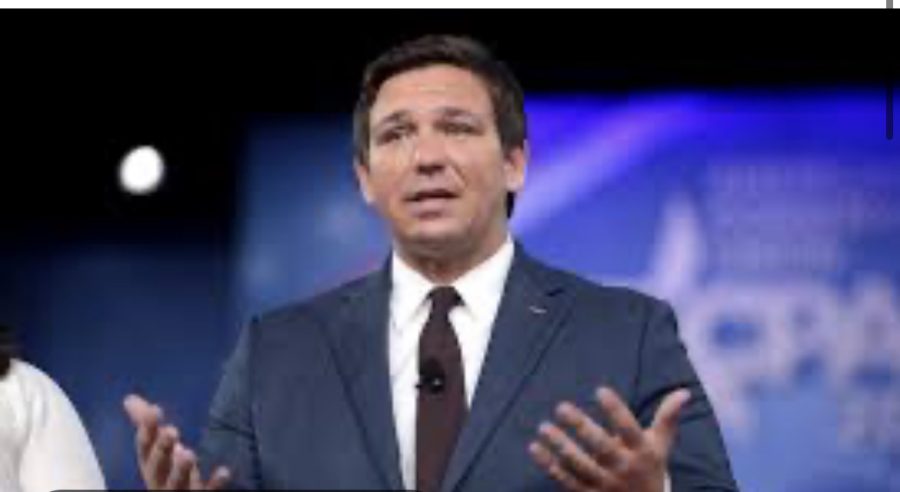College Board revises AP African Studies Curriculum
PHOTO COURTESY OF CC BY-SA 2.0
CURRICULUM GETS POLARIZED: Governor Ron DeSantis and other politicians continue to debate school curriculum standards as elections loom closer.
In mid-February, Governor Ron DeSantis of Florida threatened to cut ties with the College Board over the new AP African Studies curriculum. The move came after Republican conservatives in Florida opposed the curriculum as it included sections about contemporary Black activism.
DeSantis’ move of threatening the College Board has come under criticism as activists claim that DeSantis’ move is a political stunt for his upcoming presidential bid in 2024.
“While it has been claimed that the College Board was in frequent dialogue with Florida about the content of AP African American Studies, this is a false and politically motivated charge,” said the College Board in a public statement according to politico.com
There has been concern that the lack of education regarding the Black community may create a sense of ignorance about issues people of color face today for students.
I think it can definitely create an impact [as] it happens now in the south… and I think those students who learn about slavery [in a different way] won’t realize its implications and effect on African Americans,” said WHS Black Student Union President Marcus Nortey ‘23 “I feel like some people don’t care… It’s like one step forward and three steps back.”
DeSantis’ move also reflects the growing trend of political divide in the United States with topics such as school curriculums becoming polarizable issues. There has been significant unrest between conservatives and liberals across the country in local, state, and federal governments on what should be allowed to be included in curriculums.
“I just feel like the history of this country is pretty divided,” said BSU Vice President Abby Flamer ‘23. “If we are able to learn more about each other it breeds a sense of understanding and acceptance.
Many conservatives across the United States feel that the AP curriculum previously presented by the College Board covered too many controversial topics such as queer activists, the Black Lives Matter movement in 2020 and critical race theory. This led to the College Board ultimately revising the curriculum to exclude these topics.
“When we are able to make people less ignorant about all cultures and not just white history or white culture, then we are able to all come together,” said Flamer. “I feel we are able to be more understanding and emphasize with people more. Empathy is the key to creating inclusion and a more unified people.”
The College Board’s decision has also come under fire as some see it as siding with DeSantis’ ideology. It also led to questioning if state governments should have the power to decide school curriculum and if they can sway curriculums based on political viewpoints.
“It’s very frustrating, but I feel like it makes me realize how important it is, especially as we become 18 and are starting to vote,” said Flamer. “We have to vote for people who are going to take our interests to heart, who are actually there fighting for everyone and not just a community that they are part of. Just being an informed voter and taking the time to do research…so you can make informed decisions is important.”
Many of the high school students that will take this AP course will become voting citizens of the US in a few years, which some see as alarming if they are not fully educated on historical incidents that influence contemporary issues.
After the Civil Rights movement, racism didn’t just [go] away, it’s still there and obviously we are making steps towards equality…but it’s still there…[with] instances such as redlining,” said Nortey.
However, the revision of the AP African studies curriculum has led to a more united stance with people banding together to oppose the new move. There has been an increased amount of support for the Black community in Florida as well as protests that have continued to be held outside the Florida State legislature with aims of pressurizing DeSantis to resign his position.
“I’m feeling for [the black students in Florida] because if that were to happen to our school, I would be one of the students who would be [upset], and I can just imagine what they’re going through,” said Nortey. “Lots of African Americans have gone through similar experiences, so I’m feeling for them. Right now they’re going through their classes thinking no one cares about what we’ve [been] through. Even from how far they are, we are all in this together.”
Your donation will support the student journalists of Westlake High School. Your contribution will allow us to purchase equipment and cover our annual website hosting costs.

My name is Sania Gali and I am the Co-Web-Editor in Chief and the News Section Editor for The Arrow. I love journalism because of the exciting stories...






